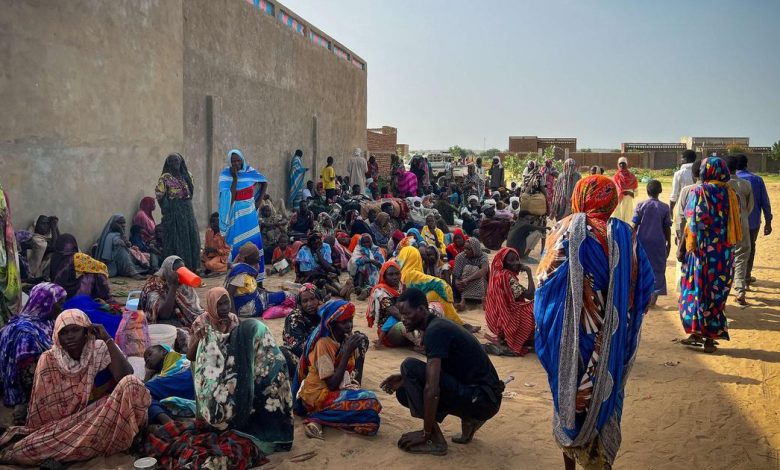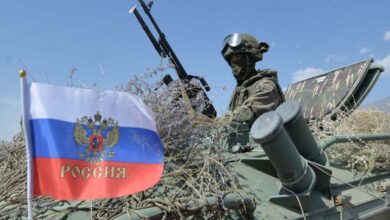The Food War… Sudanese Face Conflict and Hunger

The ongoing conflict in Sudan has resulted in one of the most concerning humanitarian crises in the world. Since mid-April, clashes have been taking place between the Rapid Support Forces led by Hemeti and the Sudanese Armed Forces led by Al-Burhan. These confrontations have resulted in numerous casualties, injuries, and homes left without food or clean water.
The current war between the conflicting parties is the most dangerous in Sudan in decades. It has forced millions of people to flee, leaving behind their homes and belongings. However, those who remain trapped are facing even graver crises, including continuous shelling and bombardment, as well as the persistent food crisis in the country.
Women Rise to the Occasion in Times of Crisis
In a remarkable humanitarian gesture, Sudanese women are sharing their food and preparing meals in public squares within residential neighborhoods, demonstrating the social solidarity that has always characterized the country.
Women in Khartoum are trying to overcome some of the challenges of sustenance amidst a severe shortage of food supplies due to the complete halt of work and the absence of salaries in both the public and private sectors. However, humanitarian aid has been unable to reach them due to the absence of secure routes caused by the intensification of military clashes.
Global Food Basket Suffers from Hunger
A country that was once a grain basket for the world is now facing a major food crisis. The spokesperson for the World Food Programme, Abeer Atifa, has declared the humanitarian situation in Sudan extremely concerning. There are no accurate statistics on the number of refugees or internally displaced people fleeing the conflict in the country. She called for a ceasefire in Sudan to prevent further deterioration of the situation.
Sudan has been grappling with food insecurity for some time, even before the outbreak of armed clashes in the capital and various locations across the country. Approximately 4 million women and children under the age of five are in need of food assistance and emergency relief in 2023, according to United Nations estimates.
Challenges Persist for Trapped Individuals
People who are trapped are living in difficult conditions after depleting the food stocks of most families. This has prompted groups of young people to launch the initiative of cooking in public squares to share the meager amounts of food among themselves. With limited resources, volunteers are finding only lentils, one of the varieties of legumes, to cook. These serve as a meal for everyone in the country.
The initiative emphasizes that the inhabitants are consuming at least one meal per day, and despite its low cost, it provides high nutritional value. Lentils are one of the legume varieties produced in Sudan’s irrigation projects, and they are rich in nutritional value, leading some doctors to recommend them to their patients, especially those suffering from anemia. But since the onset of the war, they have become a staple meal consumed with bread.
Sudanese journalist Dalia Elias states that the issue of food supply for Sudanese citizens, like citizens of other countries, is a priority for governments due to its link to everyday life aspects. With the ongoing war, millions of people find themselves without food, but in times of crisis, the spirit of the Sudanese citizen emerges.
Elias adds that Sudanese food initiatives in Khartoum seek to provide provisions to families in these difficult conditions, but we have not been able to meet the needs of everyone due to the lack of resources. Currently, everyone is reducing the quantities of food they consume, hoping that their reserves will last at least two days. Instead of putting two different dishes on the table, as was the case for the iftar meal during the month of Ramadan, the family now consumes only one dish during meals.












